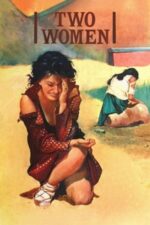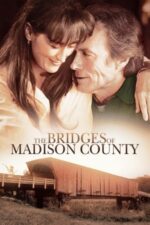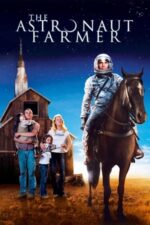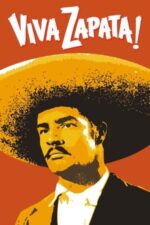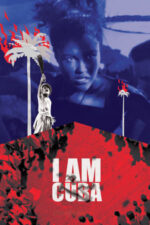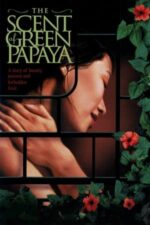Beyond the Fields: Exploring the Cinematic Peasant
Isn't it fascinating how often we see them on screen? Not always as protagonists, mind you, but as a backdrop, a symbol, a touchstone for understanding larger societal themes. I’m talking about peasants – those figures representing rural life, agricultural labor, and often, the very bedrock of a nation's identity. It’s a surprisingly rich cinematic territory when you start to really look at it.
We tend to think of "peasant" as just someone who farms, right? But in film, the term carries so much more weight. They represent tradition versus modernity, innocence versus corruption, and often, the silent suffering that fuels societal progress (or its lack thereof). Think about More Than a Miracle. It’s a fairytale, sure, but it uses the stark contrast between Prince Rodrigo's world and Isabella’s peasant life to highlight class divisions and challenge expectations. The sheer audacity of love defying those boundaries – it’s powerful stuff!
And that power isn’t always romanticized. Rasputin: The Mad Monk paints a very different picture, using the backdrop of rural poverty and hardship to underscore the desperation and vulnerability that allowed someone like Rasputin to gain such influence. It's a chilling reminder that when people are struggling just to survive, they can be susceptible to manipulation – regardless of how outlandish the manipulator might seem.
What I love about films like Red Psalm is their willingness to show the brutal reality of peasant life and resistance. It’s not always pretty; it’s often violent and heartbreaking. But it's honest. These aren’t just picturesque fields; they are places where people fight for dignity, for survival. It reminds me a little bit of how Ken Loach portrays working-class struggles in his films – that raw, unflinching look at the human cost of inequality.
Then you have something wonderfully quirky like Uncle Marin, the Billionaire. It’s hilarious to watch this man completely bewildered by modern luxury, but it also subtly satirizes our obsession with wealth and status. The mistaken identity plot is just icing on the cake! It's a clever commentary on how easily we can misjudge people based on appearances – something that resonates even today in our social media-obsessed world.
Even The Blue Bird, seemingly a children’s fantasy, uses the peasant setting to explore deeper themes of happiness and contentment. The journey isn’t about finding some magical object; it's about appreciating what you already have. It’s a beautiful message, especially relevant in our consumer-driven society.
Ultimately, exploring the cinematic peasant allows us to examine not just rural life, but also the values, anxieties, and power structures of the societies that surround them. It's a lens through which we can understand ourselves – and hopefully, strive for something better.
What films featuring this theme have you enjoyed? I’d love to hear your thoughts!


























